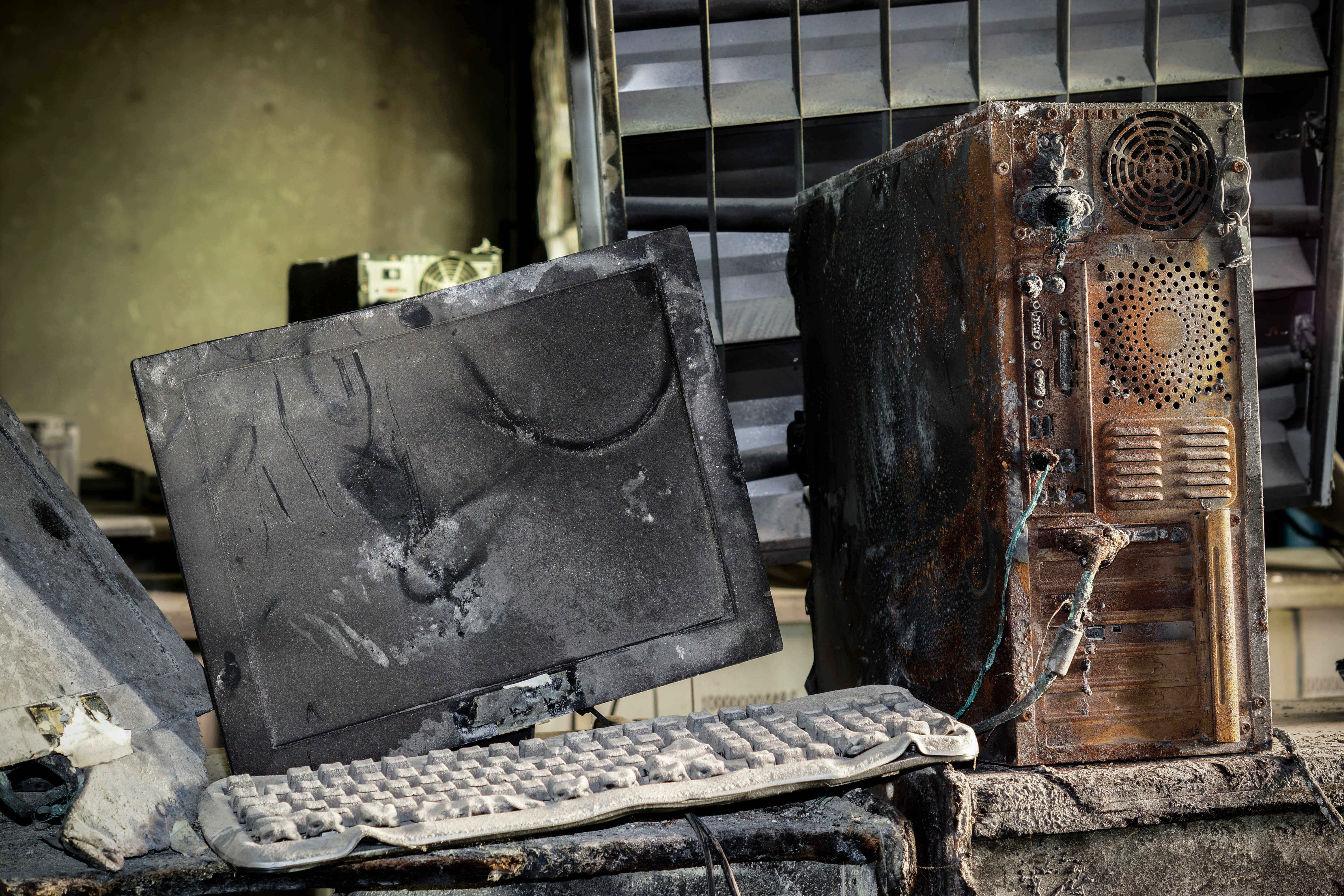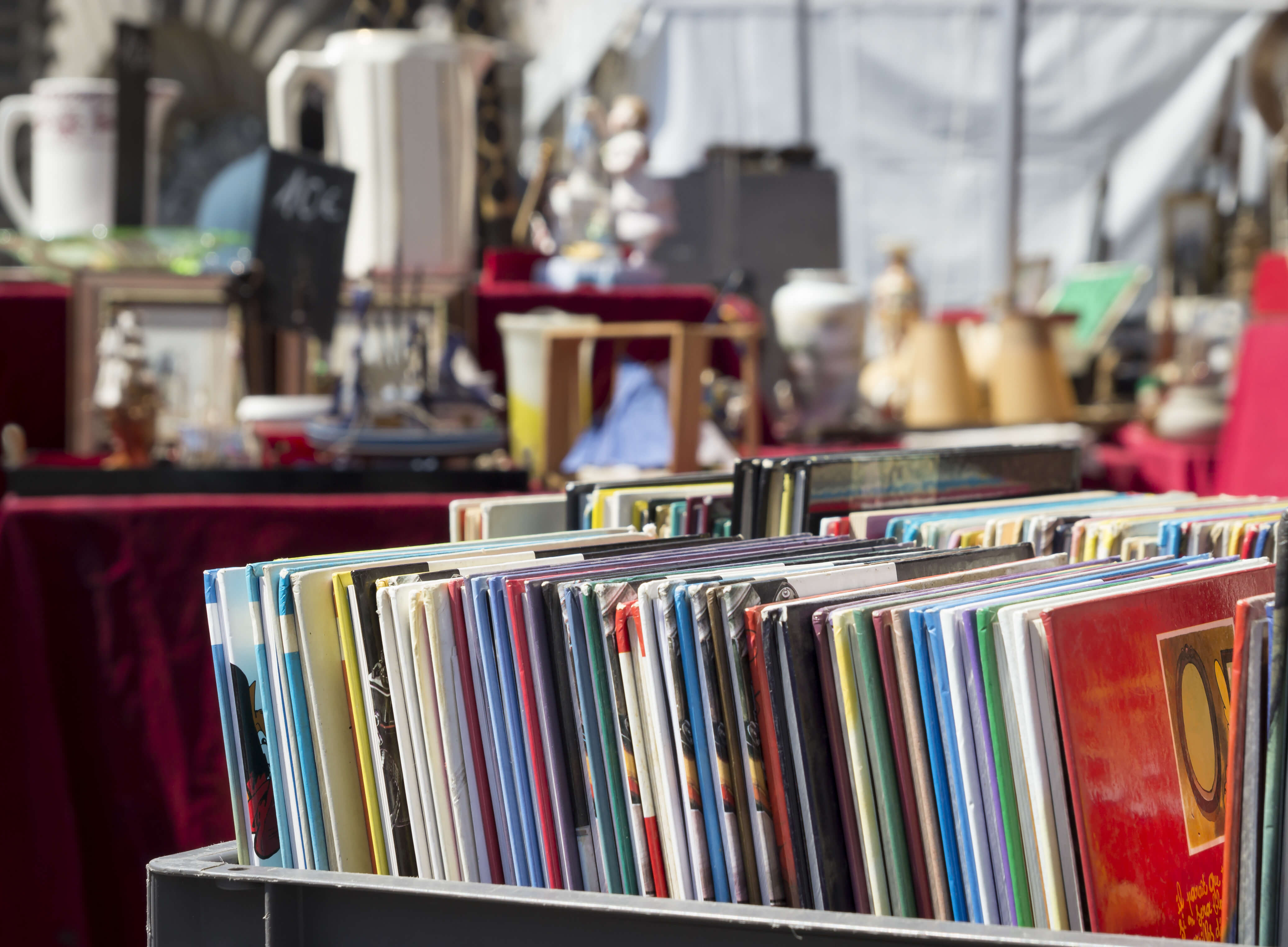Hollywood does a poor job depicting the outcome of an electromagnetic pulse. Although our great nation has yet to face a threat such as an EMP, the danger is real and its results profound.
Though we would like to think an EMP would never be experienced in our lifetime, that just may not be the case. Should it happen, you need to be prepared.
We will look at the potential threat posed against citizens, and what to equip yourself with to survive with proper EMP shielding.
A Real Threat:
Since 1859, EMP’s have been an unstoppable force that can reset clocks and humanity. We discovered that our new technology, electricity, stood no match for the geomagnetic storm that came with something like a solar flare.
The first time we experienced such a power, it was no man-made scenario. The Carrington Event was the largest recorded solar flare ever recorded.
Telegraphs sparked, paper caught aflame, and bystanders situated close to electrical lines felt first hand the surge of electricity cutting through the atmosphere.
Through the years, the power displayed in the Carrington event had been harnessed. Nuclear testing gave way to the potential for EMP events to take place on demand.
Early in the cold war, the potential for widespread electrical malfunction was observed by both the US and Russia upon their nuclear testing. From that point, all efforts were put towards defending against an attack with one of these electromagnetic weapons.
Iran, India, Pakistan, Russia, Cuba, North Korea, and China, among other countries acquiring the resources needed, now all possess the knowledge, capability, and will to set an instrument like this into the war zone.
Militarized weaponization of the electromagnetic pulse is a fear of many. It could strike anywhere, any time, and leave the nation in the dark. The motto is: if you aren’t at least concerned, you aren’t paying attention.
Be Aware, Take Action:
There is little to nothing you can do about a nationwide blackout from an EMP. However, there is much you can do about the products and supplies you need to keep safe in case of such an event.
An EMP destroys all electronics connected to the grid, plugged into the wall, and any device using a microchip. While a low-tech blender not plugged into a wall may stay safe, things like your phone, hard drives, LED flashlights and radios will be toasted.
Luckily, technology has given us EMP shielding for the devices we need most. The Faraday cage is the best defense against an EMP event.
Insulating the object from the harmful gamma rays and ionized atmosphere that sweeps through the environment, the Faraday cage diverts the danger out and around the object.
A conductive outer shell is responsible for redirecting the damaging waves while the insulation keeps your device safe for life post-EMP. These “cages”, however, take many forms.
While some are crafted from ammunition cases and cardboard, a more portable, lightweight option has been tested and certified for protection.
Tech Protect EMP Protection Bags offer the ability to store the tools, devices, and support systems you need in case of an electromagnetic pulse.
Sizes from 8″ x 8″ all the way up to 38″ x 18″ x 14″ allow you to keep individual good protected, as well as critical power generation units that will be sacred in post-EMP life.
What you get with a faraday bag is the most versatile and easy to use tried and tested device for costs that let you be protected sooner rather than later. EMP bags are affordable enough to keep all of your solid-state bug-out gear function for the days ahead.
A New War:
The threat of traditional nuclear war has taken the back seat, as the EMP has been tailored to cause near the same effect without the unquestionable damage to all parts of the earth.
The impact of an EMP would cause mass casualties in each state affected.
As the grid and every system dependant on it for operation is no longer usable, people will rely on what they have to survive.
Those who have the best chance at survival are those who can bear winters, hydrate daily through the following years and summer swelters, forage or ration what food they can manage, and defend against those who want what they have.
Let’s break down the root of each of these dependencies we rely on and how the world will look should we not have these utilities.
First, we have our electrical, water, and sewage systems. All of these main utilities will cease to function as they depend on electricity to operate. As people turn their focus on providing sustenance for their own families, maintenance of critical facilities will not be provided.
With a collapsed economy, currency as we know it becomes useless. Food, ammo, tools, and supplies become bartering tender, as the traditional system of working and getting paid to buy products no longer applies.
The result of nonfunctioning utilities and economy is, in the case of an estimated 90% of the US, death. Starvation, dehydration, hypothermia, and murder will be exponentially elevated.
While this may just sound like scare tactics, the fact remains that our society as we know it could not function even close to the way it does and has for the past 50, 100, or even 200 years.
Taking a giant leap back in time would pose challenges the majority of the nation has never had to face, and ones we don’t even know first hand how to deal with. Desperate citizens will take desperate measures.
War is complicated, and our modern advancements have only added to the complexity. A nation with resources and much to lose is a vulnerable one when it becomes technologically set back.
Taking a critical look at our nation, it is important to know that the military is very aware and prepared for events such as an EMP. While you can not rely on others to be prepared, you can keep your self and loved one ready and trust in the wise folks who bear arms against additional threats.
Providing EMP Shielding For Tomorrow:
There should be no doubt; EMP preparedness is a wise move for anyone, anywhere. So how do you get your things in line for the day after such a great set back?
First, think about the things you and your family depend on for survival. In such an event, where would you get water? do you have enough food stored up to last, and are you able to hunt more when rations run dry?
These things are crucial. However, help may be provided in national guard deployed locations. A radio saved for this electrical rainy-day can give you guidance to the nearest shelter, and potentially guide you to a safe location should further threats pursue.
Keeping a hand-crank radio, or one with extra batteries, in a Faraday bag can drastically help you. Also, consider your families life-supporting needs. If a loved one relies on any sort of electronic life-supporting devices, it would be smart to have an extra stored away.
Keeping devices safe is important, but like your rations, things eventually die. Recharging your devices will then pose just as much of a challenge as the EMP itself. Preparedness in all areas can be covered though.
A solar-powered generator will allow you to charge batteries, flashlights, power banks, power tools, and plug-in life-saving devices. Portable solar generators can give your family the help it needs. Place one in an EMP protection bag and keep it stored!
Life Goes On:
Like any great disaster, war, or collapse, life eventually reestablishes itself as manageable. Communities come together, and families grow stronger. While an EMP is something no one ever hopes to face, the reality is that it could happen at any time.
EMP shielding will get you through the tough times by giving you back a piece of the world you know in times of major reset. Lives can be saved with just a simple duplicate stored neatly in a military-grade sealed and insulated conductive unit.
Not only does war give way to the need for preparedness, but the world is also ripe with other dangers that threaten our way of life in the form of an EMP, be it man, nature, or malfunction. That’s just the world we live in.
You have the knowledge and tools you need to defend against the worst of scenarios, get ready today. And while you’re at it, check out our blog for more great articles about health, wellness, lifestyle, DIY, and so much more!
Read Also:






















